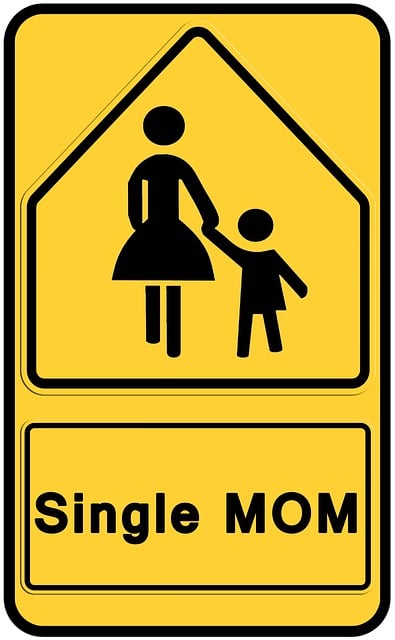Gambling addiction impacts individuals and families significantly. Recognizing red flags like increased gambling frequency, loss of control, and persistent thoughts is crucial. Identifying mental health issues such as depression or anxiety can also indicate underlying problems. Proactive steps include setting clear spending and time limits, avoiding triggers, seeking supportive friends, and joining support groups. Seeking confidential counseling from organizations and utilizing online resources helps manage impulses and develop healthier habits, fostering a responsible gambling relationship and improved mental well-being. Regulatory bodies oversee activities to protect vulnerable individuals.
Gambling addiction, often hidden behind glitz and glamour, can devastate lives. Understanding responsible gambling is key to preventing this insidious problem. This article equips you with knowledge on recognizing the red flags of gambling addiction and offers practical strategies for adopting responsible gambling practices. We also highlight the importance of seeking support and resources when needed. By embracing these measures, individuals can cultivate a healthier relationship with gambling and maintain personal well-being.
- Understanding Gambling Addiction: Recognizing the Red Flags
- Adopting Responsible Gambling Practices: Strategies for Self-Control
- Seeking Support and Resources: Overcoming Addiction with Help
Understanding Gambling Addiction: Recognizing the Red Flags

Gambling addiction, often referred to as problematic gambling, is a complex issue that can have severe consequences for individuals and their loved ones. Understanding the red flags associated with this addiction is the first step towards prevention. Responsible gambling involves recognizing when gaming becomes harmful and taking proactive measures to mitigate risks.
Key indicators include increased frequency and intensity of gambling, loss of control over spending, and persistent thoughts about games even during non-gambling periods. Individuals may also display signs of depression, anxiety, or irritability when not engaged in gambling activities. Recognizing these red flags can encourage at-risk individuals to seek support or implement personal boundaries to promote healthier habits and maintain a balanced lifestyle.
Adopting Responsible Gambling Practices: Strategies for Self-Control

Adopting responsible gambling practices is a crucial step in maintaining self-control and preventing addiction. This involves setting clear limits on spending and time allocated to gaming activities, similar to budgeting for any other expense. Tools like deposit limits, loss limits, and session timers available on many online platforms can assist individuals in sticking to their self-imposed restrictions. Regularly reviewing and adjusting these boundaries keeps gambling in check, ensuring it remains a form of entertainment rather than an obsession.
Self-control also encompasses recognizing personal triggers and surrounding oneself with supportive environments. This might mean avoiding places or situations that encourage excessive gambling, seeking like-minded friends who promote healthy habits, or joining support groups where experiences can be shared and strategies discussed. Embracing responsible gambling practices is a proactive approach to maintaining mental well-being and fostering a healthier relationship with entertainment.
Seeking Support and Resources: Overcoming Addiction with Help

Seeking support is a crucial step in the journey to overcome gambling addiction. Many individuals find themselves trapped in a cycle of compulsive behavior, but with the right resources, recovery is achievable. There are numerous organizations and hotlines dedicated to providing assistance for those struggling with gambling issues. These support networks offer confidential counseling, education, and guidance on managing impulses and developing healthier habits. Engaging with peers who have faced similar challenges through support groups can also be immensely helpful in fostering a sense of community and understanding.
Resources for responsible gambling are readily available online and within local communities. Websites often provide detailed information about different forms of addiction, risk factors, and strategies to bet responsibly. Many countries have regulatory bodies that oversee gambling activities, ensuring fair practices and offering protections for vulnerable individuals. Utilizing these resources can help educate people on making informed decisions and fostering a healthier relationship with gaming activities.
Gambling addiction is a serious issue, but it can be prevented through understanding and adopting responsible gambling practices. By recognizing red flags early on and seeking support when needed, individuals can maintain control and lead healthier lives. Remember, responsible gambling involves setting limits, understanding your risks, and knowing when to stop. With the right strategies and resources, overcoming addiction is possible, allowing folks to reclaim their lives and focus on well-being.






